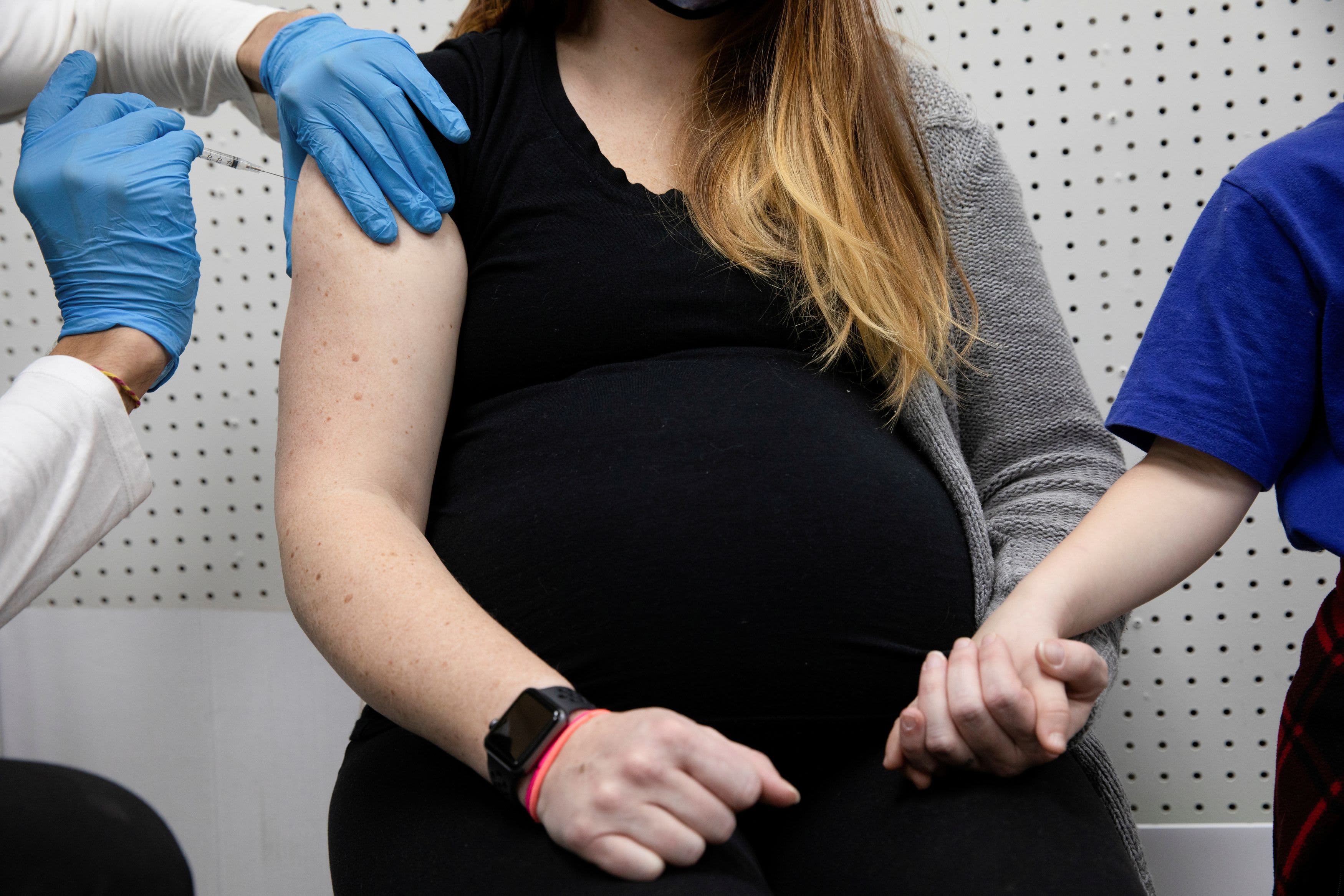
Premature births in the U.S. declined in 2020 for the first time in six years, according to a report released this week by the March of Dimes.
The milestone coincides with World Prematurity Day, recognized on Nov. 17 each year. The day is aimed at raising awareness about the risks of premature births while also advocating for the health of mothers and children.
While the data released Monday shows an overall decline in preterm births, from 10.2% to 10.1% of all births in the U.S., premature births have increased for Black, American Indian and Alaska Native women.
The report notes Black, American Indian and Alaska Native women are 60% more likely to experience a preterm birth compared to white women.
We're making it easier for you to find stories that matter with our new newsletter — The 4Front. Sign up here and get news that is important for you to your inbox.
“Factors such as where a person lives and the structural and societal systems they live under all impact the health of moms and babies and lead to a health equity gap,” the March of Dimes noted in a statement.
According to the Virginia-based nonprofit, more than 700 women die of pregnancy-related complications each year, a number that’s doubled in the last three decades.
As the number of premature births in the U.S. sees a slight decline, several states still received an “F” rating, according to the report. These states include Alabama, Arkansas, Louisiana, Mississippi, South Carolina and West Virginia, as well as Puerto Rico.
The grade assesses preterm birth and infant death rates by state.
The top-rated state, and the only one to receive an “A” grade, was Vermont, according to the March of Dimes.
California, Massachusetts and Washington received a "B" grade.
Alaska, Hawaii, Iowa, Kansas, Montana, North Dakota, Wisconsin and Washington, D.C. received a "C."
See the full breakdown of states here.
A premature birth occurs when a baby is born at least three weeks before their expected due date, or before the 37th week, according to the Mayo Clinic.
The Centers for Disease Control and Prevention says one in every 10 babies born in the U.S. is born prematurely, as of 2020.
An Alabama boy born in July 2020 at just 21 weeks is the most premature baby to survive in the world, according to Guinness World Records.
Baby Curtis Means, now 16 months old, weighed just 14.8 ounces when he was born.
The March of Dimes was founded in 1938 by Pres. Franklin Roosevelt as the National Foundation of Infantile Paralysis, initially to tackle the spread of polio in the U.S. The organization shifted toward focusing on the health of children and infants after the development of a polio vaccine.
World Prematurity Day is recognized annually on Nov. 17.
To see the latest March of Dimes report on premature births in full, click here.




